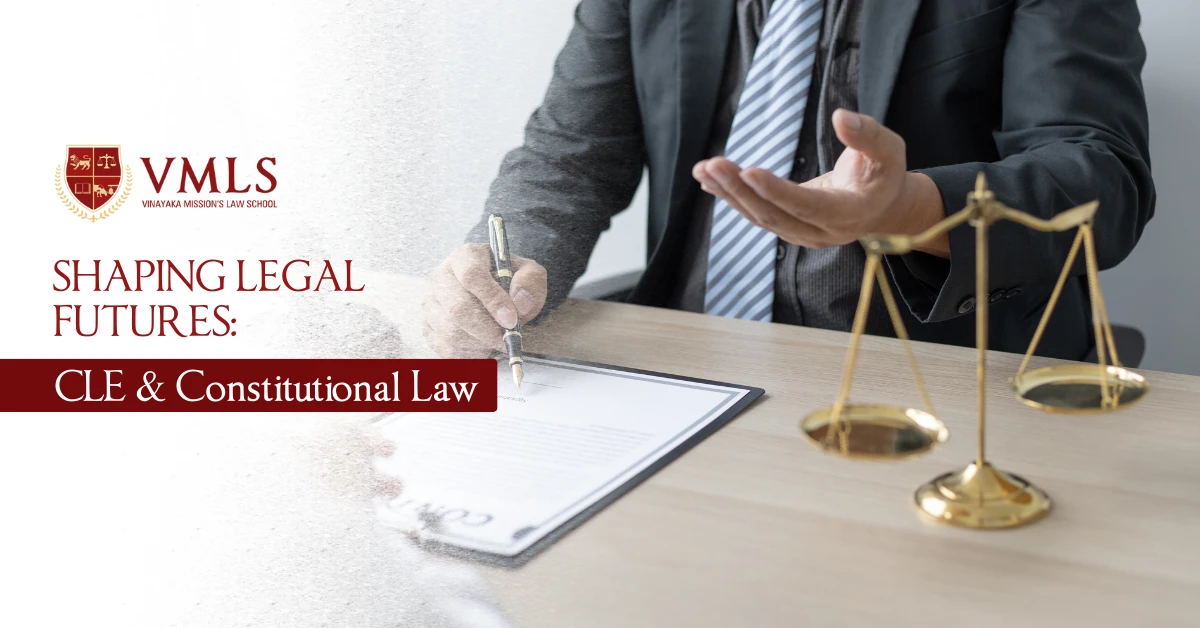July 01, 2025
0 Views

Starting from King John’s Magna Carta, Eleanor Roosevelt’s role in the Universal Declaration of Human Rights, and B.R. Ambedkar’s contribution to the Constitution of India, jurists across the world have been very keen on ensuring unhindered and equal access to justice. Article 8 of the Universal Declaration of Human Rights states that “everyone has the right to an effective remedy by the competent national tribunals for acts violating the fundamental rights granted to them by the constitution or by law.”
In the Indian context, Article 39A of the Constitution—added through the 42nd Amendment Act, 1976—further reinforces the commitment to justice by mandating the provision of free legal aid. It directs the State to ensure that the legal system promotes justice on the basis of equal opportunity and to provide free legal aid so that no citizen is denied justice due to economic or other disabilities. This reflects the broader goal of making justice not just a formal right but a practical reality for all.
To achieve a tangible result, it’s not only the courts duty to ensure access to justice, but also law school’s duty in ensuring access of justice at the grass root level. Clinical Legal Education (CLE) plays very vital role in this and especially in the context of Constitutional Law it involves blending theoretical learning with practical, experiential learning that engages students directly with real-world constitutional issues. Notwithstanding the Harvard model of Clinical legal education, wherein their approach is towards immigration rights, human rights through immigration rights clinic, Capital punishment clinics etc. The proposed model is more comprehensive and all inclusive.
Keeping in mind the aims and objective of Article 39A, this clinic help students understand how constitutional principles are applied in practice—especially in public interest litigation, rights-based advocacy, and policy work.
The Project will include:
Visits to Constitutional Benches: Students attend High Court or Supreme Court hearings on constitutional matters and prepare reports on arguments and judgments.
Focus: Understanding Article 32 and 226 petitions, judicial review, and constitutional interpretation.
Community Engagement: Students conduct workshops [Legal Aid Clinics] in rural or marginalized communities to spread awareness on constitutional rights, land rights—especially on access to revenue records, participating in Grama Sabha meetings and approach revenue authorities when there is a discrepancy.
Vinayaka Mission’s Law School conducted a legal aid clinic at Manamai a small village near Chennai, wherein the law students showcased highly imputing advocacy skill as they advised on various legal issues including property disputes and family disputes. The students trained the villagers on the importance of updating their revenue records and they also gave a detailed presentation on categories of revenue records and the purpose it serves. Further, the students explained the ways and means to approach revenue authorities.
The desired outcome is dual: one, enhancing the overall academic experience of students by making them understand the Constitution's grassroots impact; two, empowering society by spreading legal awareness, enabling people to approach the courts, and advocating for the rights of the marginalized sections.
All these aspects—from Constitutional Law Clinics and courtroom observation to legal literacy initiatives—play a vital role in shaping a holistic legal education. They not only deepen students’ understanding of constitutional principles but also instill in them a strong sense of social responsibility.
Several students across India are choosing law as a career due to the various benefits it offers.
The 3-year LLB (Bachelor of Legislative Law) programme is an undergraduate programme designed to cater...
Vinayak Mission's Law School (VMLS) is one of the best law schools in India and is being mentored by O. P. Jindal Global...
In India, law is seen as a noble career option, and the number of students interested in pursuing law is increasing.
If you are willing to work in a legal advisory firm, judiciary, or as a lawyer, then pursuing a law degree plays...
CLAT is a national-level entrance exam, and it stands for Common Law Entrance Test. Many top law universities in India.
Many students are developing their interest in law and several fields related to legal studies. After the 12th exam...
Many students in India choose law as a career due to the various benefits this field offers. Although there are several..